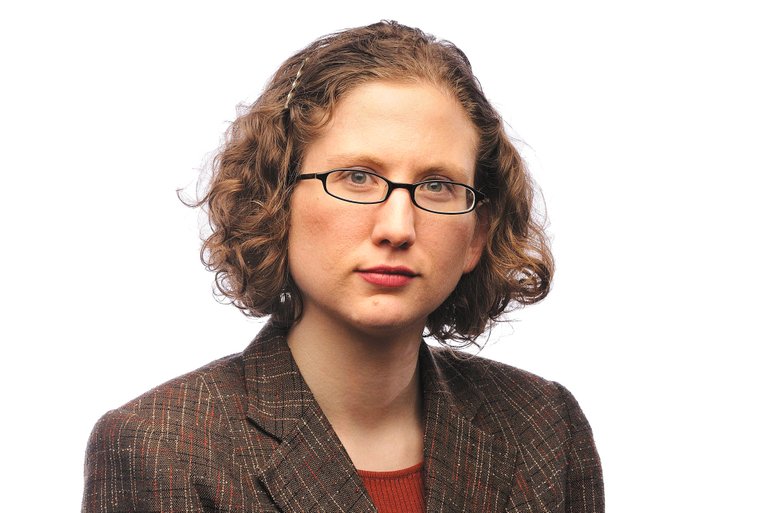Driving her boss to the edge of sanity could turn out to be the best thing MaryAnne Randall has ever done.
The 43-year-old Volkswagen saleswoman takes great care to project a professional image — hair, makeup, lipstick, clothes. And, yes, acrylic fingernails that clatter loudly against most computer keyboards.
“When I type, it sounds like a woodpecker on a wooden telephone pole,” said Randall, who lives in Vancouver with her husband and two sons.
That woodpecker got inside her boss’s head, spurring complaints, then arguments, then finally an ultimatum: Make the tapping stop. Or else.
I’d probably have trimmed my nails. But Randall would not back down, so she went online in search of a solution. She found complaints about the clackity-clack of long-nailed colleagues, typists who wanted a quieter way to do their jobs, and no easy solutions to their problems. She decided to come up with one.
The idea was simple: put a soft, clear plastic or plasticlike substance on top of each key to mute the clatter. But when 3M and Dow Corning told Randall they didn’t think it could be done, she had to figure out how to actually make it happen on her own.
Randall is no engineer or materials expert, however, so she turned to local contacts for advice. Officials at a Clark County plastic plant told her they couldn’t do what she wanted but referred her to an East Coast plant. That factory told her it could make the key covers, but its plastic didn’t meet her needs. More hunting led her to a California supplier.
Once she had a prototype, Randall then needed to get the word out about ClearKey, the name she gave her product. So she headed to Inpex, “the Invention & New Product Exposition,” where she won a gold medal in the “Office Supplies and Stationery” category.
Now she’s talking to global distributors about putting ClearKey into stores, catalogs or onto televised shopping programs.
Randall and her husband, along with a few close friends, have contributed the $40,000 to $50,000 it’s taken to get here. She’ll need a big distribution deal to turn a profit, and that will take more money — she’ll have to pay upfront to manufacture ClearKeys before she gets paid for their sale.
So, just as the car saleswoman learned to think like an engineer to design her product, she’s now learning to think like a banker to fund her startup’s next step. There’s no guarantee that she’ll make it big, but Randall has high hopes.
It’s great to have nonprofits and government efforts to help confused entrepreneurs, but programs, strategies and consultant’s plans don’t create people like MaryAnne Randall. We all see problems in search of solutions. Randall’s example should remind those of us who want to encourage small-business growth in Clark County that innovation really comes down to individual effort.
“You don’t train to be an entrepreneur,” Randall said. “I want people to understand that they can do this. It’s challenging. It’s scary. But it can be done.”
And the battles at work?
Thanks to ClearKey, her fingernails remain, the woodpecker sounds are gone, and Randall and her boss are at peace.
Courtney Sherwood is The Columbian’s business and features editor. Reach her at 360-735-4561 or courtney.sherwood@columbian.com.



